Related Research Articles
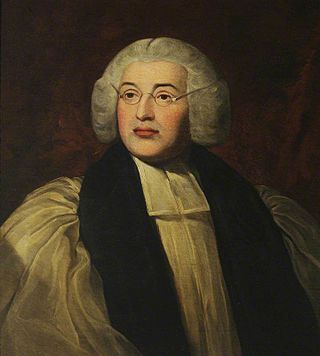
George Horne was an English churchman, academic, writer, and university administrator.
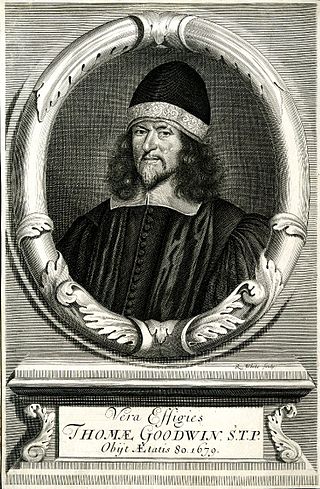
Thomas Goodwin, known as "the Elder", was an English Puritan theologian and preacher, and an important leader of religious Independents. He served as chaplain to Oliver Cromwell, and was appointed by Parliament as President of Magdalen College, Oxford, in 1650. Christopher Hill places Goodwin in the "main stream of Puritan thought".
Theophilus Gale (1628–1678) was an English educationalist, nonconformist and theologian of dissent.
John Scory was an English Dominican friar who later became a bishop in the Church of England.
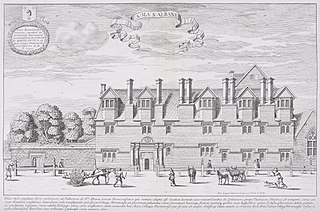
St Alban Hall, sometimes known as St Alban's Hall or Stubbins, was one of the medieval halls of the University of Oxford, and one of the longest-surviving. It was established in the 13th century, acquired by neighbouring Merton College in the 16th century but operated separately until the institutions merged in the late 19th century. The site in Merton Street, Oxford, is now occupied by Merton's Edwardian St Alban's Quad.

John Piers (Peirse) was Archbishop of York between 1589 and 1594. Previous to that he had been Bishop of Rochester and Bishop of Salisbury.

Thomas Godwin was an English bishop, who presided over the Diocese of Bath and Wells.
Thomas Bentham (1513/14–1579) was a scholar and a Protestant minister. One of the Marian exiles, he returned to England to minister to an underground congregation in London. He was made the first Elizabethan bishop of Coventry and Lichfield, serving from 1560 until his death in 1579.

Richard Godfrey Parsons (1882–1948) was an Anglican bishop who served in three dioceses during the first half of the 20th century, and a renowned liberal scholar.
Richard Pate was an English Roman Catholic bishop.

John Butler (1717–1802) was an English bishop and controversialist.
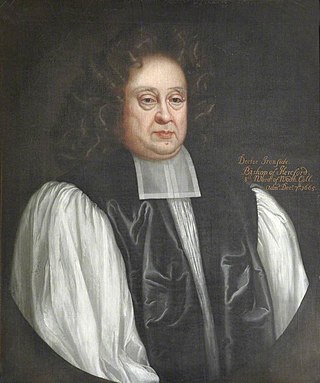
Gilbert Ironside the younger was an English churchman and academic, Warden of Wadham College, Oxford, from 1667, Bishop of Bristol and Bishop of Hereford.
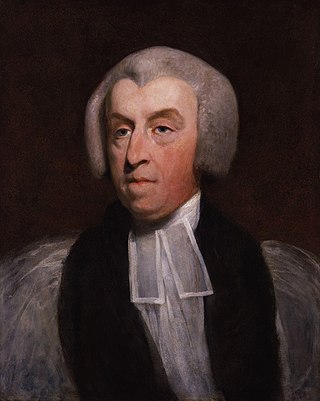
Folliott Herbert Walker Cornewall was an English bishop of three sees.
William Chedsey (1510?–1574?) was an English Roman Catholic priest and academic, who became archdeacon of Middlesex in 1556 and President of Corpus Christi College, Oxford in 1558.
Samuel Mather (1626–1671) was an Independent minister. Born in England, he went with his family while still young to New England. He returned to England under the Commonwealth, went to Scotland after a period at Oxford, and became a Fellow of Trinity College, Dublin. After 1662 he was a nonconformist minister in Ireland.
Peter Morwen (1530?–1573?) was an English clergyman and Marian exile, known as a translator.

Erasmus Middleton (1739–1805) was an English clergyman, author and editor.
John Seton D.D. was an English Roman Catholic priest, known as the author of a standard logic text.
Thomas Peacock was an English cleric and college head.
Julins Palmer was an English Protestant martyr. His name Julins was apparently a form of Joscelin, and has been generally misspelt Julius.
References
![]() This article incorporates text from a publication now in the public domain : Goodwin, Gordon (1890). "Harley, John (d.1558)". In Stephen, Leslie; Lee, Sidney (eds.). Dictionary of National Biography . Vol. 24. London: Smith, Elder & Co. p. 397.
This article incorporates text from a publication now in the public domain : Goodwin, Gordon (1890). "Harley, John (d.1558)". In Stephen, Leslie; Lee, Sidney (eds.). Dictionary of National Biography . Vol. 24. London: Smith, Elder & Co. p. 397.